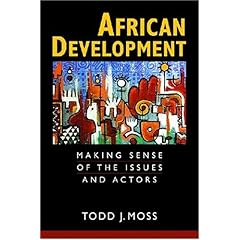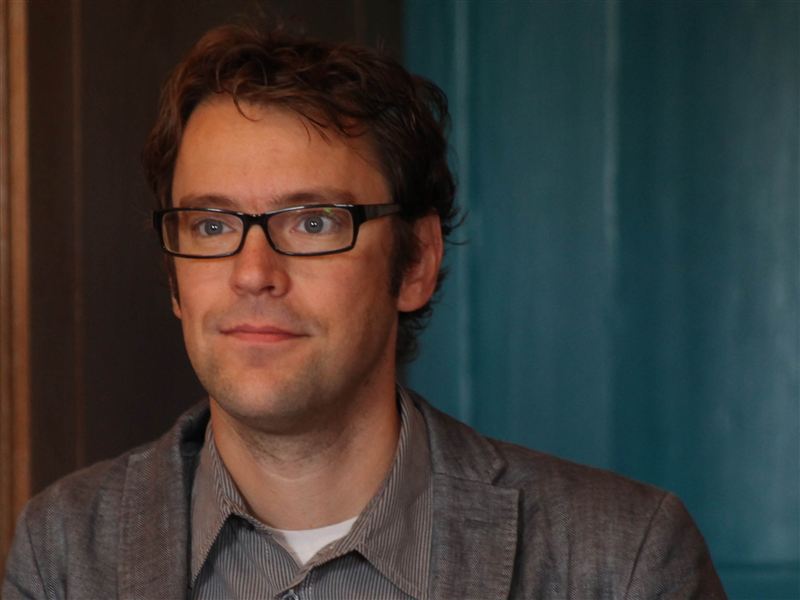Först, Chris Blattman försvarar varför en del kurser i utvecklingsekonomi verkar vara så tråkiga (tips från Daniel):
You have the rest of your life to learn about why some countries are poor (the logic goes) but you will never outside of that class teach yourself how to build a structural model
Han påpekar också att alla papper inte måste ta sig an de stora frågorna:
those seemingly pointless papers that rehash an irrelevant question serve a higher purpose: they advance the method. I could care less about the 100th paper on the ‘returns to education’. Who cares if it is 0.12 or 0.14?
But the debate that raged to identify one silly parameter did more to advance our understanding of causal identification in statistics that almost any other question in social science
Blattmans egen kurs, African Poverty & Western Aid behöver dock knappast försvaras - här är läslistan. Huvudbok: African Development av Moss.

Slutligen, från Shanta Devarajan, Världsbankens chefsekonom för Afrika, tre skäl att vara optimistisk om Afrikas utveckling framöver:
1. Sustained and widespread economic growth in Africa.
2. African response to the global economic and financial crisis.
(...The response of African policymakers was to continue the prudent macroeconomic policies of the past—running modest countercyclical policies when they had fiscal space—sustain as much as possible the medium-term development agenda, and in some cases even accelerate reforms....)
3. The ICT revolution
The number of mobile phone users rose from 10 million in 2000 to 180 million in 2007; some 94 percent of the population is covered by the Global System for Mobile Communication (GSM). Farmers in Niger now get price information from different markets on their cell phones before deciding where to sell; M-PESA’s mobile banking enables poor rural households in Kenya to receive remittances from anywhere in the world.
M-PESA finns det nog anledning att återkomma till...
 25 jan 2010, kl 21:24 |
25 jan 2010, kl 21:24 |  Samhälle och politik
Samhälle och politik 

